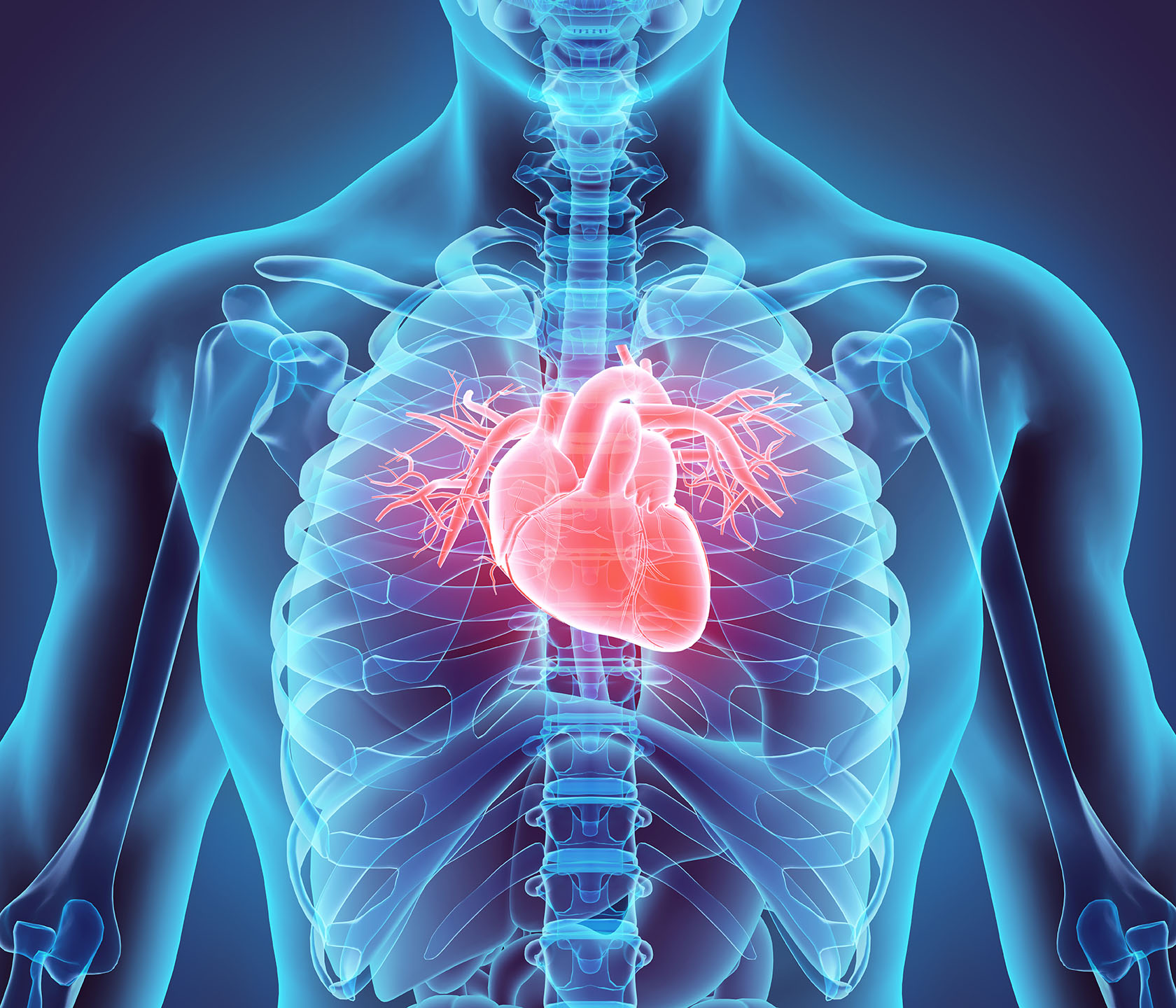

The heart is a muscle that pumps blood throughout the body. It is located in the chest, between the lungs. The heart is about the size of your fist.
The heart has four chambers: two atria and two ventricles. The atria are the upper chambers, and the ventricles are the lower chambers. The atria receive blood from the body, and the ventricles pump blood to the body.
The heart beats about 100,000 times per day. This keeps the blood flowing through the body and delivers oxygen and nutrients to the cells.
The heart is the centre of the circulatory system.

Noun: heart.
Adjective: heartfelt.
Adverb: heartily.
Verb: hearten.
The word "heart" has multiple etymologies, which are the sources of its different meanings.
The first etymology of "heart" is from the Old English word "heorte", which means "the centre of something". This is the origin of the meaning of "heart" as the centre of the body, or as the centre of something figurative, such as the heart of a city or the heart of a problem.
The second etymology of "heart" is from the Old English word "heortan", which means "to feel". This is the origin of the meaning of "heart" as the seat of emotions, or as the seat of courage or compassion.
What is the heart made of?